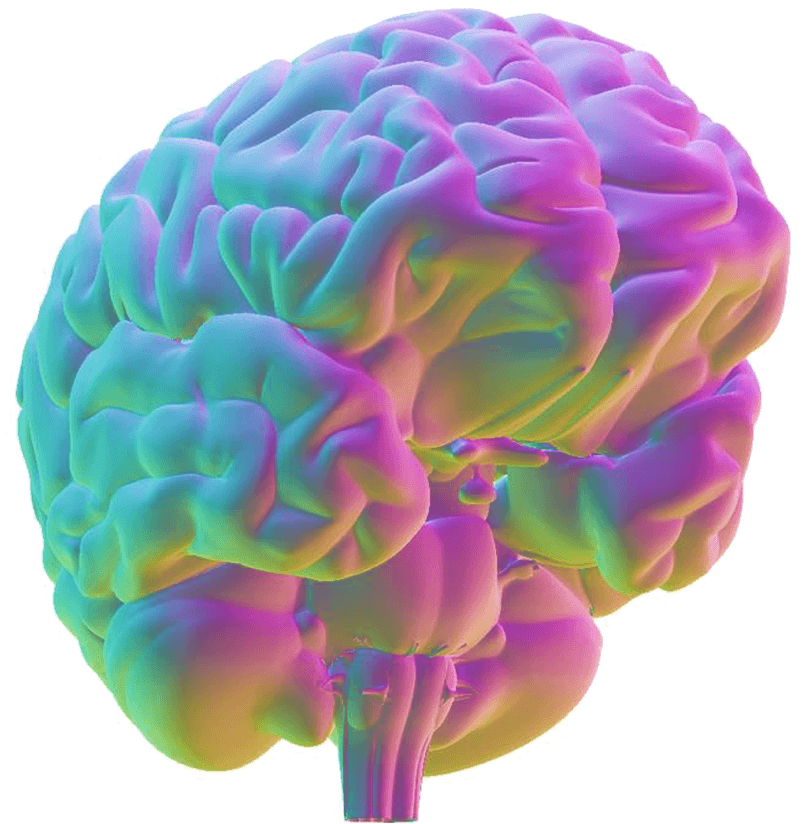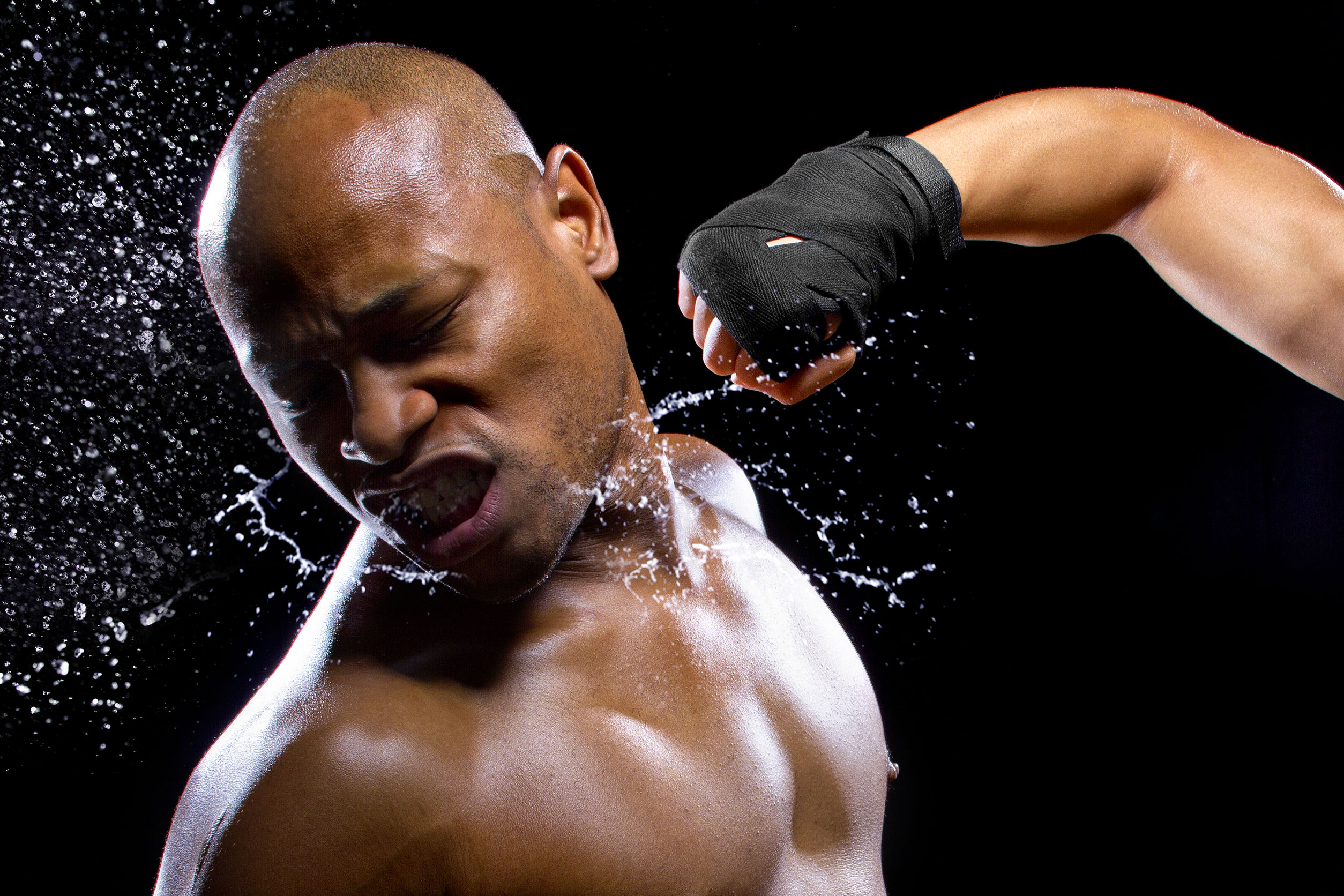Survivors and Family

What is Brain Injury?
Your brain...
Your Subtitle Goes Here
Your brain controls your ability to think, talk, move, and breathe.
In addition to being responsible for your senses, emotions, memory, and personality, your brain allows every part of your body to function – even when you’re sleeping.
Brain injuries that happen after you are born are called acquired brain injury. When you injure your brain, you injure an important part of the body.
A brain injury...
Your Subtitle Goes Here
A brain injury can affect your ability to:
- Think and solve problems
- Move your body and speak
- Control your behavior, emotions, and reactions.
Preventing Brain Injury
Most traumatic brain injuries (TBIs) are preventable.
Someone in the U.S. sustains a TBI every 23 seconds. While most of these injuries occur among children, adolescents, young adults, and people over the age of 75, males who are 14 to 24 years old are at the greatest risk.
People who already have a TBI are also at a greater risk for sustaining another brain injury.
How can you prevent a brain injury?
Use seatbelts
Your Subtitle Goes Here
Everyone in a vehicle should wear seat belt. Children under 12 should always sit in the back seat. Infants, toddlers and children – according to their weight – should use child safety seats or booster seats
Wear bike helmets
Your Subtitle Goes Here
When worn correctly, bike helmets are 85% effective in preventing brain injuries.
Protect playground surfaces
Your Subtitle Goes Here
There should be at least 12 inches of wood chips, mulch, sand, pea gravel, or safety-tested rubber mats that extend six feet in all directions from the equipment.
Use mouth guards and helmets
Your Subtitle Goes Here
Use mouth guards and helmets during sports and recreational activities.
- Mouth guards can help cushion a blow to the lower jaw and lessen the chance for a concussion.
- Sports helmets protect your head from equipment, collisions with other players, and falls.
Lock firearms away and use gunlocks
Your Subtitle Goes Here
Approximately 91% of firearm-related brain injuries result in death.
Avoid falls
Your Subtitle Goes Here
Using step stools, handrails, safety gates on stairs, or window guards can prevent people from falling.
Living With Brain Injury
More than 45,000 people in Arizona are living with a traumatic brain injury (TBI).
Just as no two brains are alike, no two brain injuries are the same, either. As a result, each person living with a TBI is affected in a different way.
What kinds of problems can people living with a TBI have? Here are some examples:
- Health and physical problems
- Headaches
- Head, neck or shoulder pain
- Balance problems
- Changes in vision, hearing, smell, or taste
- Sleep problems
- Loss of energy
- Thinking problems
- Memory loss
- Difficulty in concentrating
- Reacting and thinking slowly
- Learning problems
- Difficulty in organizing and planning
- Behavior and mood problems
- Anxiety or depression
- Emotional instability or mood swings
- Changes in sexual behavior
- Being impulsive or uninhibited
- Agitation
- Isolation
- Communication problems
- Can’t focus on one topic
- Difficulty in finding the right word
- Talks too much
- Doesn’t speak clearly or pay attention
- Difficulty in listening
GET HELP
Assistance Requests
Support Groups
Find a support group near you —
Most of the listed groups are online. The information for the group will let you know if it is “virtual” or “in person.”
IN-PERSON
PHOENIX SURVIVOR & CAREGIVER SUPPORT GROUP
This Brain Injury Support Group is for brain injury survivors 18 and above and their family, friends and caregivers who want to meet others who are in similar situations.
This group will meet on the Second Thursday of the month, 6:00-7:30pm
Ability 360 Campus, Classroom B
5025 E Washington Street, Phoenix, AZ 85034
At this time, per CDC guidelines, we will require masks to be worn regardless of vaccination status. The seating will also observe physical distancing measures for everyone's safety.
Contact is Will Grove outreach@biaaz.org, 602-508-8024 x104
VIRTUAL
Brain Cave Men’s Discussion Group

A discussion group for men on life after brain injury.
Men ages 18+ who have survived any type of brain injury (concussion, stroke, TBI, brain tumor, etc) are invited to this discussion group for men that focuses on life after brain injury.
This is a conversation-based group where your thoughts and interests are welcome.
Group is currently open statewide to participants.
We will meet via Zoom the first Wednesday of the month from 6:00-7:30 PM.
Contact is Will Grove outreach@biaaz.org, 602-508-8024 x104
Brain Injury Alliance Statewide Support Group
This Brain Injury Alliance Statewide Support Group-Virtual is for brain injury survivors 18 and above and their family, friends and caregivers who want to meet others who are in similar situations.
Group is open statewide to participants.
This group will meet via Zoom the fourth Thursday of the month, 6:00-7:00pm
Facilitator: Dr. Allison O'Mara - Rehab Psychologist
Contact is Will Grove outreach@biaaz.org, 602-508-8024 x104
East Valley Support Group
This Brain Injury Support Group is for brain injury survivors 18 and above and their family, friends and caregivers who want to meet others who are in similar situations.
This group will meet on the Second Wednesday of the month, 4:00-5:30pm.
Facilitator:
Janice Podzimek, CBIS, MHFA
Contact:
Janice@biaaz.org or 602-508-8024 x105
Families of Brain Injury (FOBI) Support Group For Caregivers & Loved Ones
Open to the family members of brain injury survivors. This group is designed to help those who have a friend or loved one who has experienced a brain injury deal with the all the new medical information as well as processing the changes in the survivor. You'll learn techniques to help with communication issues, mood swings, and changed expectations. You're not alone but everyone's journey looks different. This group can provide a safe space to share the struggle.
Facilitator is neuropsychologist Dr. Suzanne O'Connor
- Group will meet via Zoom the first Tuesday of the month, 6:00-7:00pm
- Group is currently open statewide to participants.
- Contact Will Grove outreach@biaaz.org | 602-508-8024 xt 104
National Drunk & Distracted Driving Survivor Support Group
This is a survivors-only virtual group for those who have survived an accident where they were injured by a drunk driver or a distracted driver. The focus is on living well with brain health challenges from a brain injury.
Attendees are invited to share and learn as part of their healing journeys.
Group meets via Zoom the fourth Friday of the month from 2:00-3:00 p.m.(AZ time)
FACILITATORS
Janice Podzimek, Drunk and Distracted Driving Survivor Advocate for the Brain Injury Alliance of Arizona
Wendy Hoffman, Resource Facilitation Manager for the Minnesota Brain Injury Alliance
- Contact janice@biaaz.org
602-508-8024 xt 105
Navigating Brain Injury as a Couple
Open to survivors and their significant others. This virtual group is designed to help those who have had a brain injury and their significant others deal with processing the changes in the survivor and the effects on the relationship. You'll learn techniques to help with communication issues, mood swings, and changed expectations. You're not alone but everyone's journey looks different. This group can provide a safe space to share the struggle.
This group will meet via Zoom the third Thursday of the month, 6:00-7:00pm.
Contact:
Will Grove outreach@biaaz.org or
602-508-8024 x104
She Shed Women’s Discussion Group

A conversation-based group for navigating the complex emotions of life after brain injury.
This group is open to women ages 18+ across the state of Arizona, who have survived any type of brain injury. Your thoughts, interests, and stories are welcome and encouraged.
Group will meet via Zoom the first Thursday of the month, 5:30-6:30pm
Contact is Janice Podzimek janice@biaaz.org, 602-508-8024 x105
Southern Arizona Brain Injury Survivor & Caregiver Group
3Support group for survivors of all types of brain injury, including TBI, concussions, stroke, tumors, etc., and their families. Meet wonderful people and make new friends.
Group is open to participants throughout southern Arizona.
Group will meet via Zoom the second Tuesday of the month, 5:30-6:30pm
CONTACT:
info@biaaz.org or 888-500-9165
RESOURCES
Articles
Quick Tips
Videos
Brain Injury Association of Arizona
5025 E. Washington St, Ste 106
Phoenix, Arizona 85034
QCO CODE: 22360
EIN 94-2937165
CALL
(602) 508-8024
HELP LINE
(888) 500-9165
Fax (602) 508-8285
FOLLOW US
contact us
privacy policy
terms & conditions



